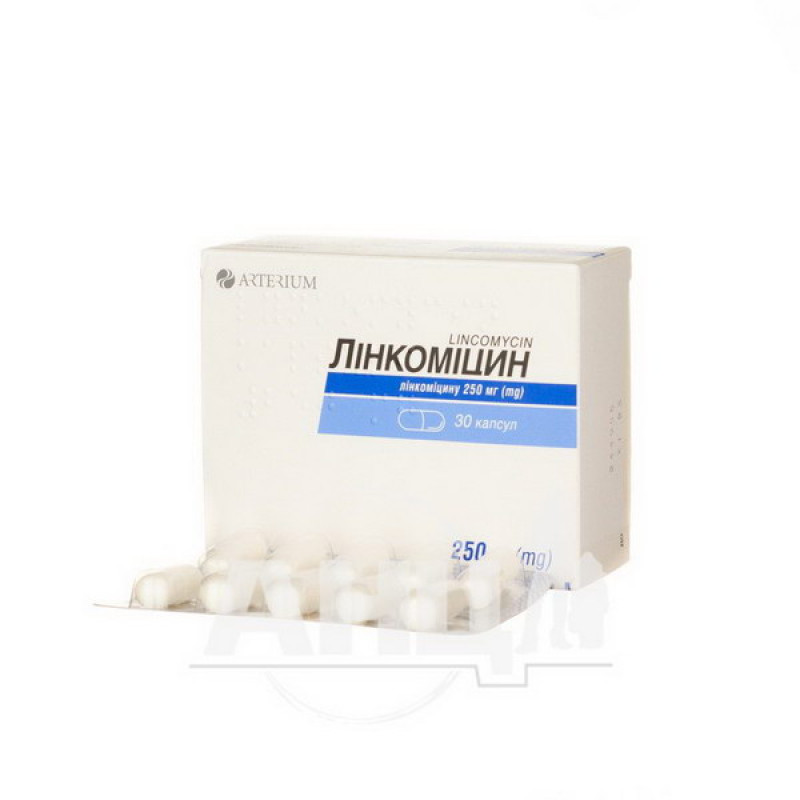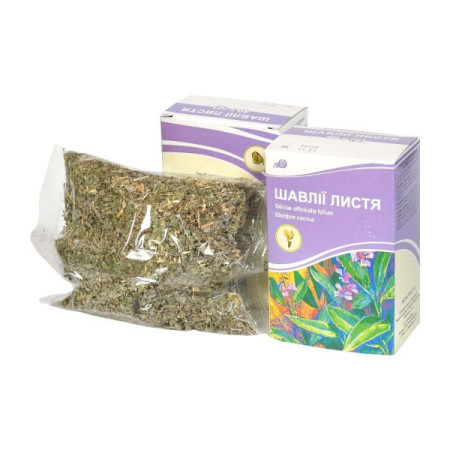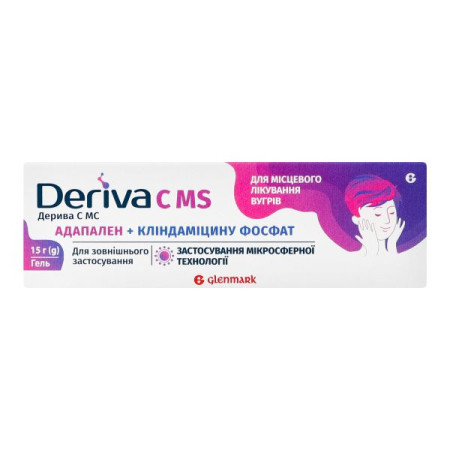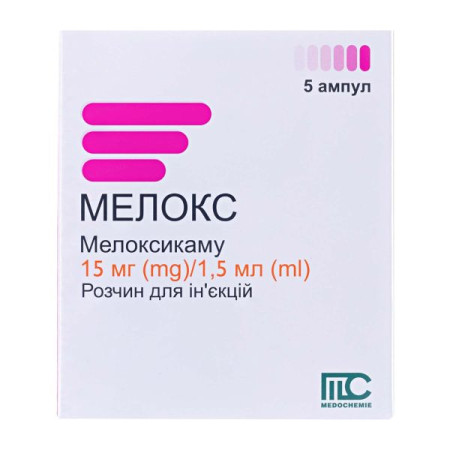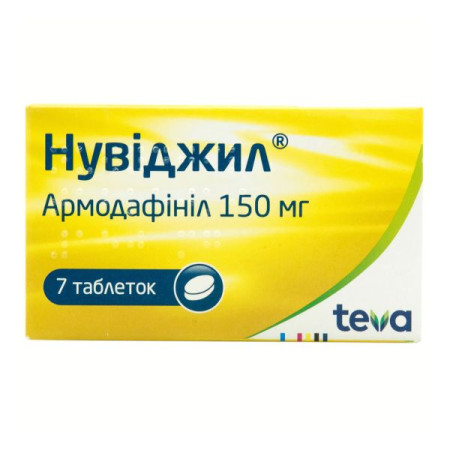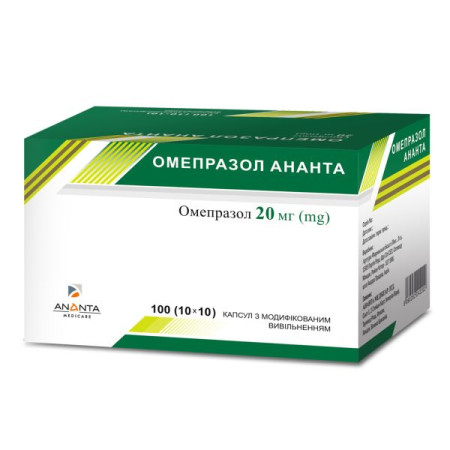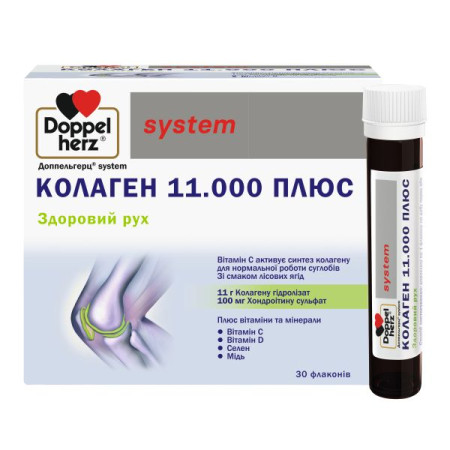Lincomycin capsules 250 mg blister No. 30
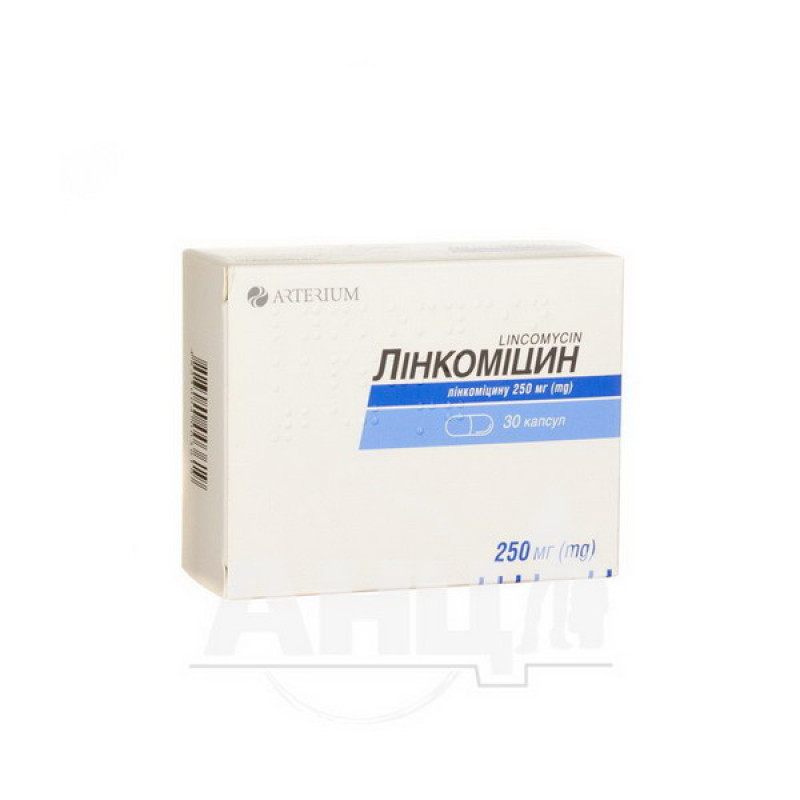
Lincomycin is an antibacterial agent for systemic use. Macrolides, lancosamides and streptogramins.
Lincomycin is indicated for the treatment of infections caused by lincomycin-susceptible strains of gram-positive aerobic microorganisms, such as streptococci, pneumococci and staphylococci, or by drug-susceptible anaerobic bacteria.
Composition
active ingredient: lincomycin; 1 capsule contains lincomycin hydrochloride, calculated as lincomycin, 250 mg; excipients: colloidal anhydrous silicon dioxide, calcium stearate, microcrystalline cellulose; capsule shell composition: titanium dioxide (E 171), gelatin.Contraindication
Hypersensitivity to the active substance or to any other component of the drug, or to clindamycin. Meningitis.
Method of application
The dosage and route of administration should be determined based on the severity of the infection, the patient's condition, and the sensitivity of the bacterial pathogen. The duration of treatment is determined individually by the doctor.
It is advisable to take the drug 1-2 hours before or 1-2 hours after eating. The hard capsules should be washed down with sufficient water.
Adults - 500 mg 3-4 times a day.
Children (age 6 years and older) - 30-60 mg/kg/day, divided into 3-4 dose levels.
Application features
Microbiological studies should be performed to identify the pathogens and their sensitivity to lincomycin.
The effectiveness of lincomycin in the treatment of staphylococcal infections resistant to other antibiotics and sensitive to lincomycin has been demonstrated. Lincomycin-resistant strains of staphylococci have been identified, therefore, bacteriological cultures and sensitivity testing of pathogens should be performed during therapy with Lincomycin. In the case of macrolides, partial, but not complete, cross-resistance is possible. If indicated, the drug can be used simultaneously with other antibacterial drugs.
Pregnant women
Lincomycin should not be used during pregnancy unless treatment is clearly necessary.
Children
Do not prescribe the drug in this dosage form (capsules) to children under 6 years of age.
Drivers
No particular effect on the reaction speed when driving or working with other mechanisms was noted, but isolated cases of dizziness were reported.
Overdose
Overdose may cause gastrointestinal disorders, including abdominal pain, nausea, vomiting, and diarrhea.
Treatment of overdose should include induction of vomiting or gastric lavage if indicated. There is no specific antidote known.
Hemodialysis and peritoneal dialysis are not effective in removing lincomycin from the blood.
Side effects
Immune system disorders: Hypersensitivity reactions, including angioedema, serum sickness, anaphylaxis; some of these reactions have been observed in patients with hypersensitivity to penicillin. Rare cases of erythema multiforme, sometimes resembling Stevens-Johnson syndrome, have been associated with the use of lincomycin.
Serious anaphylactoid reactions require immediate intensive treatment with adrenaline, oxygen therapy and intravenous steroids. If indicated, a patent airway should also be established, if necessary by intubation.
Skin and mucous membranes: cases of pruritus, skin rashes, urticaria, vaginitis and rare cases of exfoliative and vesiculobullous dermatitis have been reported.
Liver: Jaundice and changes in liver function tests (including increased serum transaminase levels) have been observed during lincomycin therapy.
Renal: Although a direct relationship between lincomycin and renal damage has not been established, in isolated cases, renal dysfunction has been observed, as evidenced by azotemia, oliguria and/or proteinuria.
Storage conditions
In the original packaging at a temperature not exceeding 25°C. Keep out of the reach of children.
There are no reviews for this product.
There are no reviews for this product, be the first to leave your review.
No questions about this product, be the first and ask your question.






